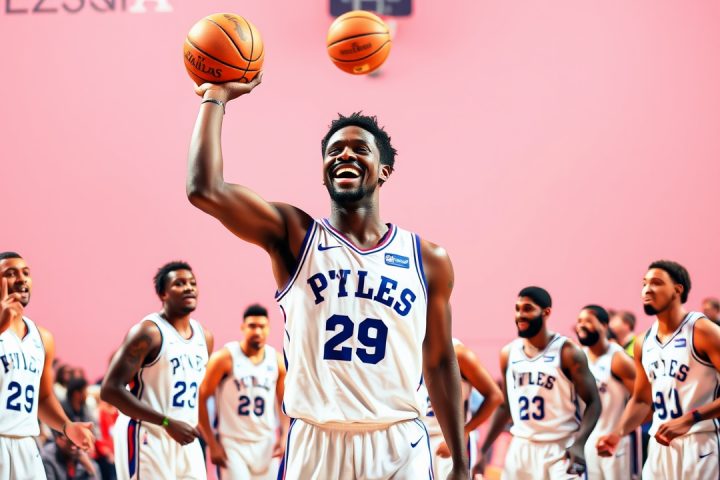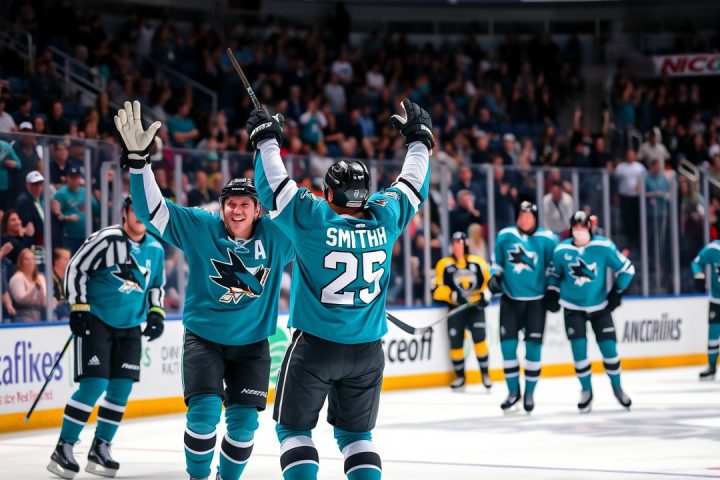FIFPro’s Advocacy for Player Health
In an effort to address the growing concerns over player workloads in professional football, FIFPro, the leading players’ union, is advocating for a compulsory four-week break between seasons. This appeal comes just as the FIFA Club World Cup is about to kick off in the United States, a revamped event that further complicates an already tight competition schedule.
Study Findings and Recommendations
A fresh, independent study involving 70 medical and performance professionals has highlighted the need for protective measures in light of increased demands on players. FIFPro has put forth twelve key recommendations, notably suggesting not only a minimum of four weeks of rest following a season but also a subsequent four weeks for retraining before launching into a new season. Furthermore, a minimum one-week mid-season break is also advised, along with tailored workload guidelines especially aimed at underage players, including teenagers like Spain’s Lamine Yamal.
Dr. Vincent Gouttebarge, the medical director of FIFPro, emphasized that this research reflects a significant expert consensus on safeguarding players’ health amidst their intense professional commitments. “This study presents safety standards based on the considered and independent opinions of medical and performance experts working in professional football who understand the mental and physical strain placed on players,” he stated.
FIFPro represents over 65,000 footballers worldwide and has continually campaigned for better workload management in light of escalating competition formats.
Current Competition Challenges
This season has already seen increased match demands due to an expanded UEFA Champions League and Europa League, culminating with FIFA’s inaugural Club World Cup featuring 32 teams over a 29-day span. Additionally, a larger 64-team World Cup is scheduled for next summer across the U.S., Canada, and Mexico. The push for a mandated four-week rest period is seen as essential for most players in Europe’s elite leagues; however, upcoming international competitions complicate this with their demanding schedules.
For example, the FIFA Club World Cup is set to continue until July 13, just weeks ahead of the Premier League and La Liga’s new seasons starting on August 16-17. Players involved in UEFA’s European Championship had only three weeks off last summer before plunging into a truncated pre-season.
Concerns over Player Workload
Apart from advocating for specific workload regulations and a mid-season break—which the Premier League abolished last year for an elongated summer—FIFPro is concerned about travel demands and other strenuous factors affecting players’ physical and mental health.
In this context, FIFPro is already at odds with FIFA, having supported legal actions initiated by players’ associations in England, France, and Italy to challenge FIFA’s authority in setting international match schedules. FIFA, however, has rebuffed claims of its tournaments contributing to fixture congestion, maintaining that club competitions form the bulk of the congested calendar.
Highlighted Cases of Player Fatigue
This plea for changes comes against the backdrop of pressing cases like those of Manchester City’s Julian Alvarez and Manchester United’s Bruno Fernandes, whose grueling past seasons have drawn particular scrutiny.
Alvarez, who will lead Atletico Madrid in the Club World Cup, has had an exhausting schedule since summer 2023, participating in multiple tournaments without significant breaks. FIFPro’s findings reported that he was part of 83 matchday squads last season and has already made 64 appearances this current season, hardly allowing for any adequate recovery time.
On the other hand, Fernandes has also endured a relentless calendar, concluding the Nations League final this past Sunday, nearly ten months after he first took to the pitch in the Community Shield. His extensive participation in 66 matches between club and international duty makes his future downtime crucial. Since joining Manchester United, he has consistently logged significant minutes on the field, underscoring the vital need for prioritized recovery periods for players.
Conclusion
FIFPro’s urgent recommendations aim to reshape football management, stressing that while competitions evolve, the health and wellbeing of players must remain paramount.




